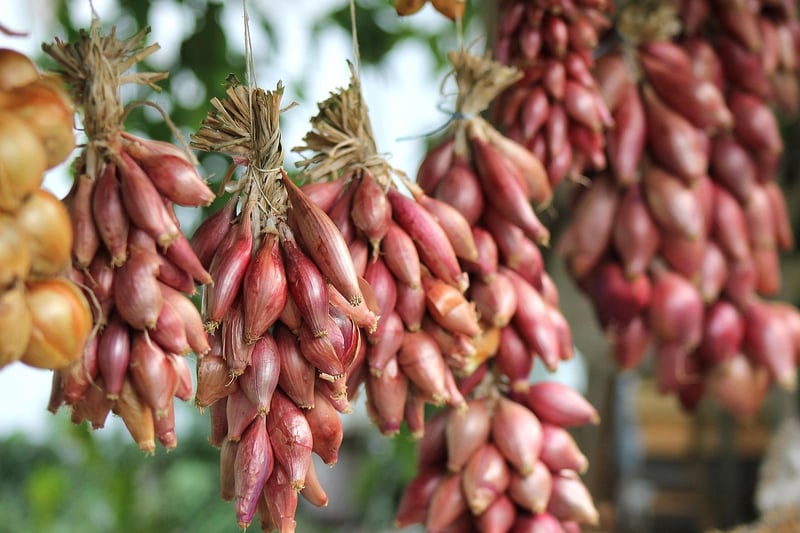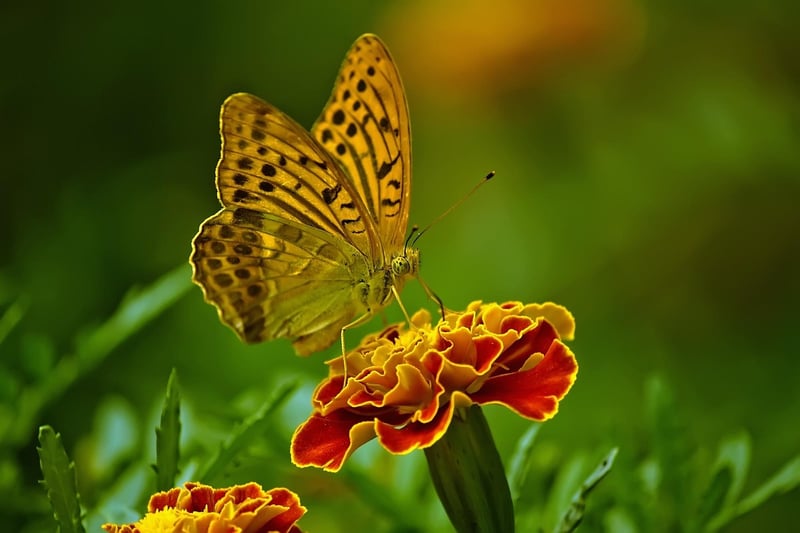Outdoor Gardens
Tips for Healthy Plants in Outdoor Gardens
Welcome to our guide on maintaining healthy plants in outdoor gardens. Whether you are a seasoned gardener or just starting out, these tips will help you keep your outdoor space flourishing with vibrant and thriving plants.
1. Choose the Right Plants for Your Garden
Before you start planting, consider the climate, sunlight exposure, and soil conditions in your garden. Select plants that are well-suited to thrive in your specific environment. This will ensure they have the best chance of growing strong and healthy.
2. Provide Adequate Watering
Water is essential for plant growth. Be sure to water your plants regularly, especially during hot and dry periods. However, be cautious not to overwater as it can lead to root rot. Different plants have different watering needs, so it's essential to understand the requirements of each species in your garden.
3. Ensure Proper Drainage
Good drainage is crucial for plant health. Make sure your garden beds have adequate drainage to prevent waterlogging, which can suffocate plant roots. If your soil has poor drainage, consider adding organic matter or creating raised beds to improve it.
4. Mulch Your Garden
Applying mulch around your plants helps retain soil moisture, suppresses weeds, and regulates soil temperature. Organic mulches like wood chips or straw also break down over time, enriching the soil with nutrients.
5. Regularly Inspect for Pests and Diseases
Keep an eye out for any signs of pests or diseases on your plants. Early detection is key to preventing infestations from spreading. Remove any affected plant parts promptly and consider using natural remedies or pesticides if necessary.
6. Prune and Deadhead Plants
Pruning helps promote healthy growth and shape plants. Remove dead or diseased branches, spent flowers, and overgrown foliage to encourage new growth and improve air circulation within the plant canopy.
7. Feed Your Plants
Plants need nutrients to thrive. Consider fertilizing your garden with organic or slow-release fertilizers to provide essential nutrients for healthy growth. Be mindful of the specific needs of different plants and avoid over-fertilizing, which can harm them.
8. Protect Your Plants from Extreme Weather
During periods of extreme heat, cold, wind, or heavy rain, consider providing protection to your plants. This could involve using shade cloth, row covers, or bringing potted plants indoors to shield them from harsh conditions.
By following these tips and giving your plants the care and attention they need, you can create a beautiful and thriving outdoor garden that brings you joy and satisfaction.

Happy Gardening!
